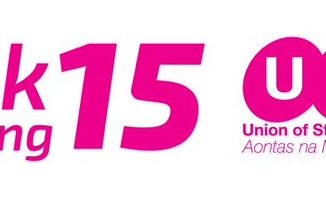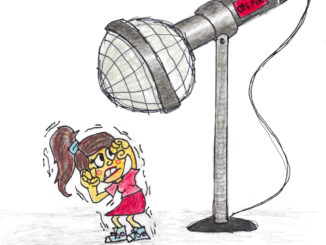
[dropcap]Revenge[/dropcap] porn and online sexual harassment are to be tackled in the government’s new action plan that aims to improve national online safety.
The Action Plan for Online Safety aims to address issues both criminal and non-criminal, such as the distribution of child pornography and cyber-bullying. New cyber-crimes are also being targeted.
“The Department [of Justice] is assisting with a Private Members Bill in relation to providing for new offences of harassment online or through digital communication” said Colm Daly, Executive Officer for the Press & Communications Office.
This was recommended by the Law Reform Commission in its Report on Harmful Communications and Digital Safety.
The plan will tackle some of the issues faced by young people in the digital age. Revenge porn and stalking are problems that the legislation will aim to address. Revenge porn is currently legal in Ireland.
The Harassment, Harmful Communications and Related Offences Bill 2017 would make revenge porn, online harassment and online threats criminal offences punishable by up to seven years imprisonment. It is currently in the committee stage in the Dáil.
“The digital world is full of wonderful opportunities, but it also combines anonymity and distance too easily. To effectively respond to these risks and dangers we need to work better together as a Government, along with communities, parents and providers. This plan provides the structure and the blueprint to do just that” said Denis Naughten, Minister for Communications.
A survey of 632 students led by NUI Galway lecturer Dr Padraig MacNeela found that 54% of female first year students experienced sexual hostility or crude gender harassment since starting university. This rose to 64% in second year and 70% in third and fourth year.
A study of 439 12 to 16 year olds by Michigan State University cybercrime expert Thomas J Holt found that one in four children have been pressured to talk about sex by their peers.
The action plan also attempts to address this problem by creating a centralised source of information regarding online safety. The online hub, “Be Safe Online”, contains links for young people, parents, teachers and the general public.
“The Action Plan on Digital Safety is welcomed but doesn’t go far enough as there is no real commitment to having a Digital Safety Commissioner and also many provisions imposed on the internet providers are voluntary instead of mandatory which is far weaker and no guarantee of implementation” said June Tinsley, Head of Advocacy at Barnardos, a charity concerned with children and young people.
By David Kelly
Image Credit: Mikey Walsh



